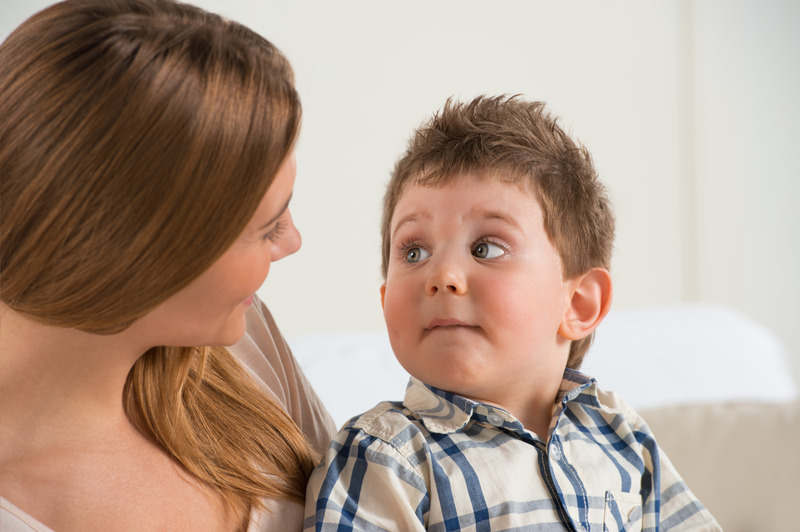
How to Respond (or Not Respond) to Misbehavior
Have you ever seen two kids—in my house, it’s usually brothers– fight like crazy, and then a few minutes later they’re best friends? As if nothing ever happened? Kids have this incredible resilience—an ability to bounce back from confrontation. This is something I’ve learned to keep in mind when I am tempted to get involved in their squabbles. Sometimes waiting it out is the best approach.
Afterwards, it may be best just to let it go, especially if our kids have already left the moment behind. Sometimes there’s no need to work through the issue. Often we rehash misbehavior with our children because WE want to feel better and make them feel a little bit worse, so they won’t do it again.
If we do choose to discuss it, it needs to be from a place of wanting to give them tools to deal with their feelings better in the future – “Next time, remember that this happened because you were really tired. When you find yourself feeling like that, maybe go rest for a little bit before playing with your brother.”
Hitting and biting happen because children don’t know how to deal with their emotions, especially when they’re younger. If another kid annoys them or treats them poorly, the only way they can deal with it is to lash out physically. It’s not because the child is bad or violent. It’s just that he has a limited repertoire when it comes to dealing with frustration.
In this case, the best way to respond may be to address the emotions involved directly: What do you feel? He was annoying. He hit me first. He cheated at the game. What I say to my child at this point is something like, “You’re absolutely right, that wasn’t okay. But right now you’re hurting yourself. You’re not fixing anything by being reactive, you’re becoming the guy who’s doing something wrong.”
Lastly, it’s important for that kid who chose to hit his brother to understand that what he did was a matter of choice. There are other choices he could have made and might want to make next time. He could go to his parent. At school, he could go to his teacher. He could use words. You can illustrate this point by sharing a situation where you made a choice—perhaps just a few moments ago when your child misbehaved. You saw that you had the choice to get upset at your child because of what he did, but you chose to talk it through instead.
Talking about choices introduces our kids to the understanding that they are active partners in their lives. Reminding them that they always have a choice how to response no matter what the circumstance is, will empower them to make better decisions.
